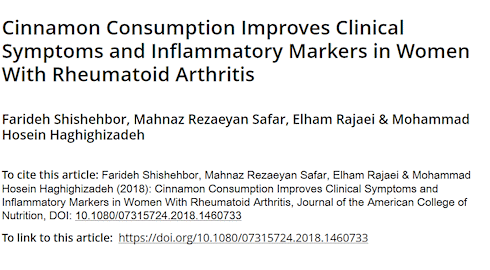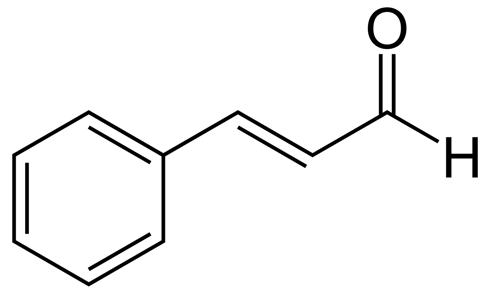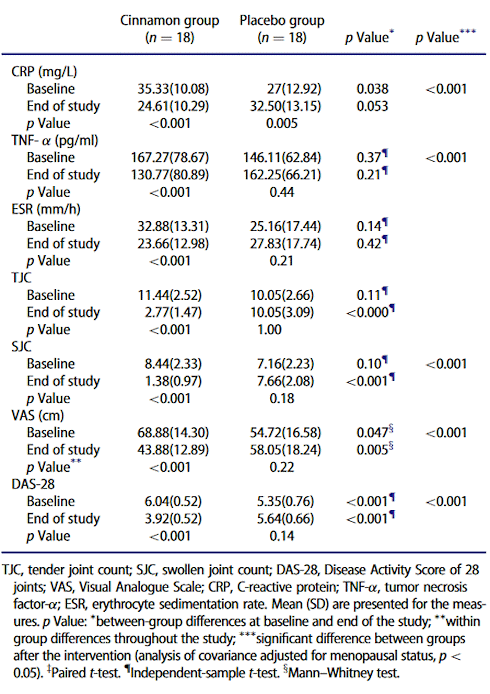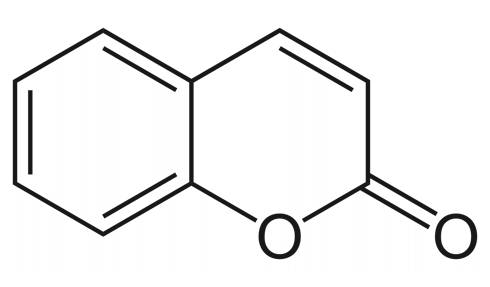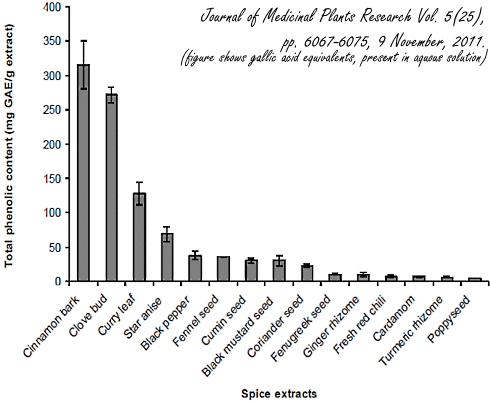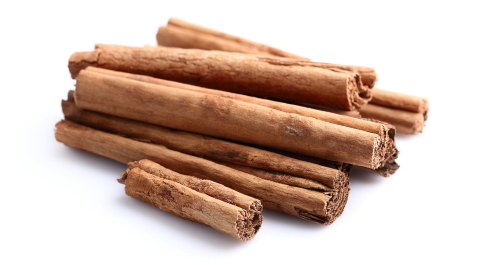|
Definition: "An ergogenic aid is any substance or phenomenon that enhances performance "
|
|
||||||||
27.08.2024 |
|
|
In this dose, cinnamon reduces rheumatism symptoms
If rheumatism patients also take two grams of cinnamon daily in addition to their regular medication, their complaints will be drastically reduced. This is suggested by a small trial published in the Journal of the American College of Nutrition.
Study
For 8 weeks, half of the women took a placebo every day, while the other half of the women took 2 grams of cinnamon daily. The cinnamon was in capsules.
The women took 1 gram of cinnamon after breakfast and another 1 gram after dinner.
An important bioactive compound in cinnamon is cinnamaldehyde or cinnamic acid. You see the structural formula above.
According to fundamental research, cinnameldehyde inhibits inflammatory reactions that play a role in rheumatism. [Evid Based Complement Alternat Med. 2012:2012:429320.] That is why the researchers wondered whether cinnamon could add something to the treatment of rheumatism patients.
Results
Conclusion
"Further clinical studies are warranted to confirm these results and to explain the mechanism of cinnamon's anti-inflammatory action."
Safety
You can see the structure of coumarin below.
According to the EFSA, coumarin is harmful if the daily intake is higher than 0.1 milligrams per kilo per day. [EFSA Journal. 2008;729:1-15.] If you weigh seventy kilos, then your tolerable daily intake is 7 milligrams of coumarin per day.
Other cinnamon varieties may contain considerably more coumarin. [J Agric Food Chem. 2013 May 8;61(18):4470-6.] Cinnamonum cassia, for example, contains a maximum of 0.3 milligrams of coumarin per gram. If you take 2 grams of cinnamon, it contains at most 0.6 milligrams of coumarin.
Cinnamonum burmanni is a different story. One gram of that type of cinnamon contains a maximum of 9.3 milligrams of coumarin. If you take 2 grams of this per day, you can ingest a maximum of 18.6 milligrams of coumarin.
A bit much.
Source: More: Archives:
|
|
|||||||||||||||||

